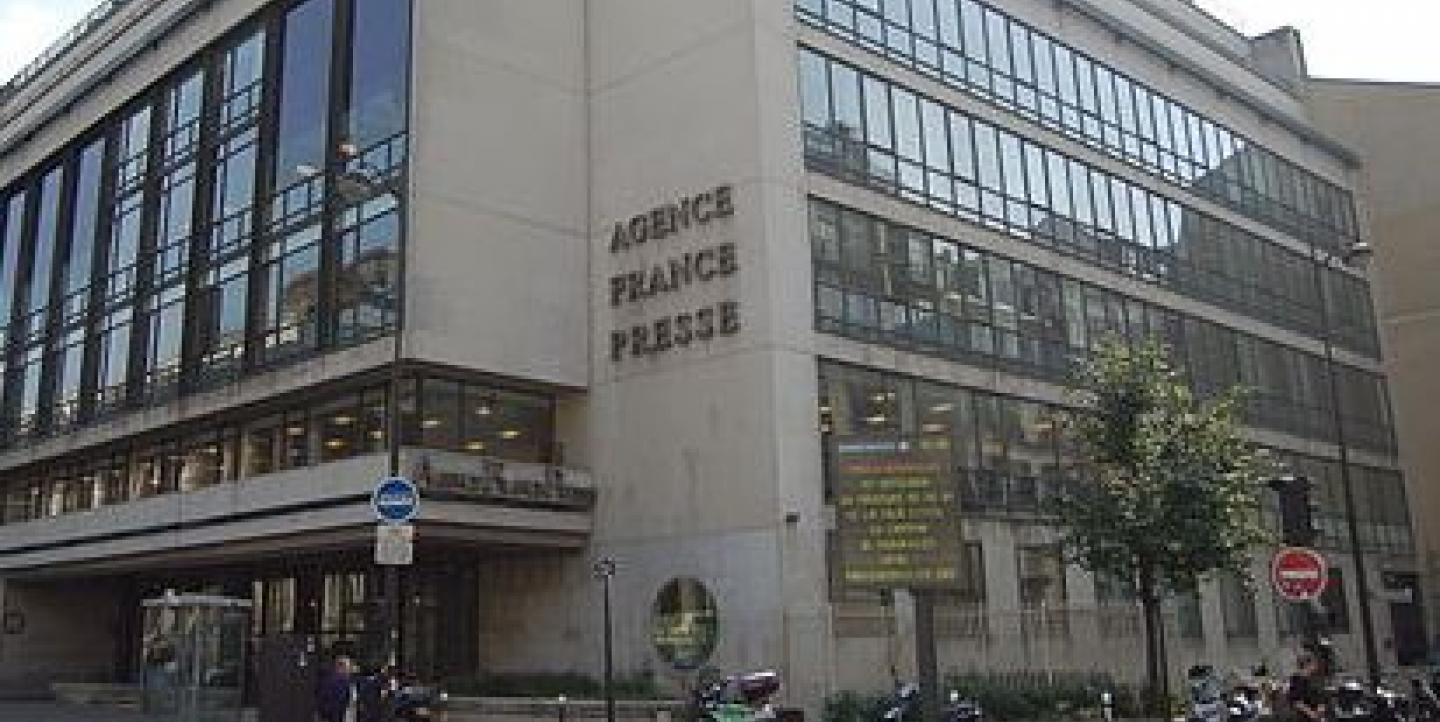Two news wires are teaming up to fight pirated photos and stories.
Agence France-Presse (AFP) and Spanish news wire EFE have joined together to defend their work from Internet sites using it without paying for it.
The commercial director of AFP contacted EFE in order to "fight together to find the pirates on the web," Olivier Bendahan, head of marketing for AFP for Latin America, told IJNet.
AFP hired a company called Attributor, to check their news wires against copy published in websites around the world. The goal is to find sites that are using content from the agency without paying for it. Other Attributor clients include Hachette Book Group, The Associated Press, The Financial Times, Deutsche Presse-Agentur and Turner Broadcasting, Inc.
Here's how it works: the agency sends all their news in different languages to the company, which also was hired by EFE. Attributor uses a program called Guardian to check the text.
Another company is in charge of checking the use of pictures that are property of the news wires. The software checks similarities pixel by pixel for each photo.
The news wires main source of income are companies that pay to publish their content. But with the proliferation of websites devoted to news, companies have to think about protecting against plagiarism because "it is becoming increasingly out of control," Bendahan said.
The software shows the percentage of matches between the content created by the agency and what is published by the site. It also indicates whether the alleged "pirate" has advertising banners -- whether the website is "making money using content from the news agency," he said.
For AFP, every "pirate" website is a potential customer, because they already know the product and are interested in it. The wire's sales department classifies all the plagiarism cases they detect - which are found on a daily basis - by priority.
Salespeople contact site managers, tell them they know the site is using unlicensed content and tell them how much that content costs. The site can either license the content (entering into a contract) or remove it from the site.
If the site has advertising banners but refuses to pay for the content and continues to publish information without authorization, AFP contacts Google. In about 10 days, Google removes all Google-related advertising and eliminates the site from its search engine, Bendahan said.

